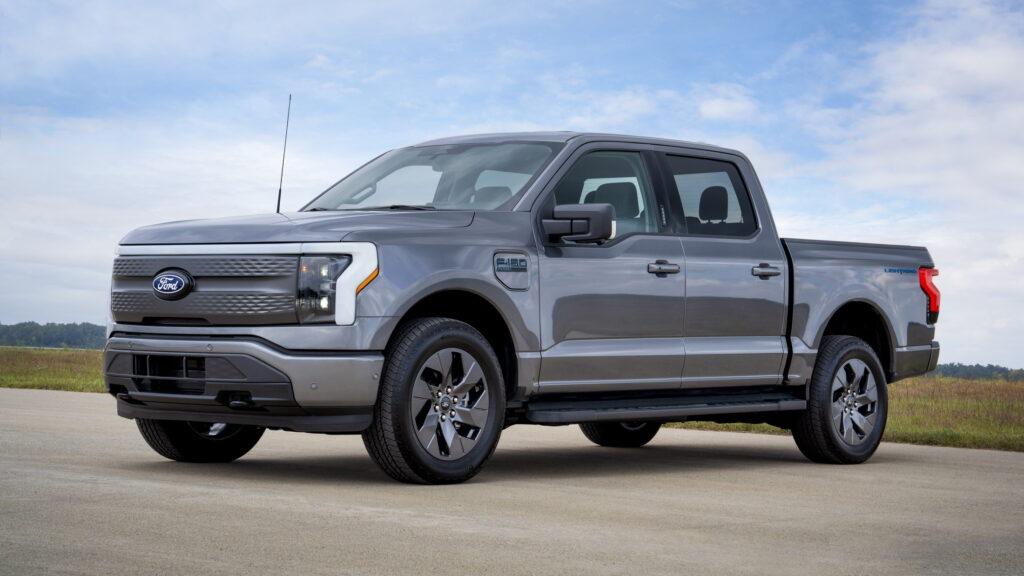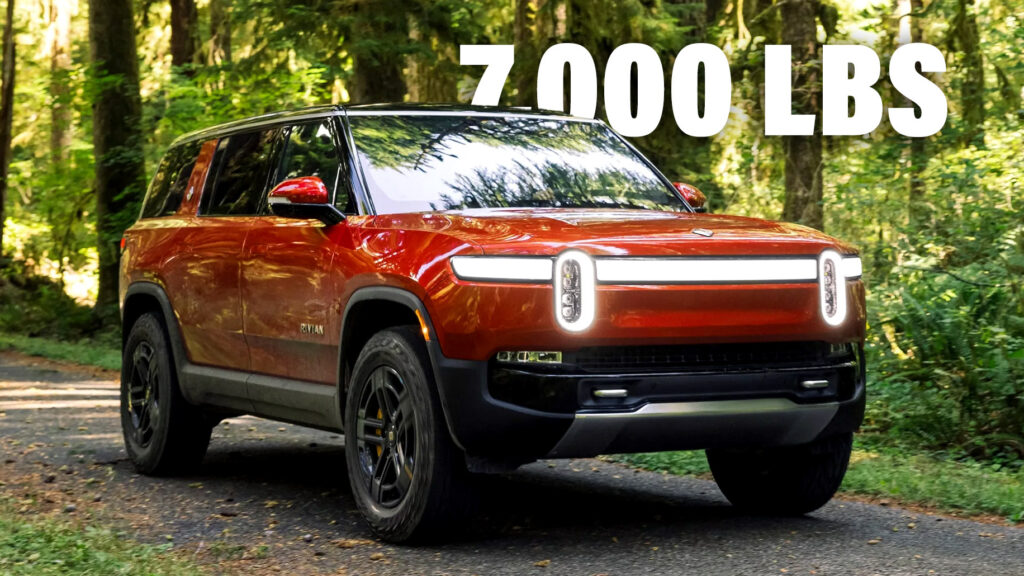A newly proposed bill in Colorado could charge those who own heavier vehicles more for registering them. While that’s not a new idea, this particular law is the first to tie those extra fees to pedestrian safety. The legislation also doesn’t discriminate, so EV buyers would pay their fair share too.
Heavier vehicles have some major downsides. They tend to accelerate, handle, and brake more slowly. They damage roadways more than lighter vehicles. And they are statistically more likely to injure or kill pedestrians too. Colorado might be about to link the ownership of such a vehicle to increasing pedestrian safety.
“Data shows us that higher vehicle weights directly correlate with vulnerable road user deaths. It just makes sense to tie funding to that. It’s not about disincentivizing the purchase of these vehicles; it’s about recognizing that these are the cars that are disproportionately involved in these fatalities,” says Senator Lisa Cutter.
Read: Early Adopters Love Robotaxis, But Most Think Humans Drive Better

The law would use a graduated fee based on the weight of the vehicle in question. For example, a Toyota RAV4 would pay about $4.50 extra per year according to StreetsBlog. A Hummer EV would pay $29.90 more each year as it weighs considerably more. If those fees don’t sound like much, that’s because they’re not.
Cutter specifically set up the bill to navigate the many pitfalls that bills like this tend to fall into. For one thing, as Jalopnik pointed out, the fees are low and at most are likely to raise only $20 million over the course of a year. That’s not much for infrastructure but it’s better than nothing. Secondly, the fees are only applied to citizens living in the 12 most populous counties in Colorado.
Finally, the fees don’t carve out a niche for EVs to skirt the tax. “[These fees] are not punitive towards people who buy EVs”, Cutter noted. “I mean, 90 percent of the work I do is tied to environmental issues; of course, I want people to buy EVs. But it’s also absolutely true that the weight of EVs fits into the equation in terms of vulnerable road user deaths. We didn’t want to say, ‘Well, we like EVs better, so we’re carving them out.’”
Notably, vehicles under 3,500 pounds would avoid the fee altogether.





